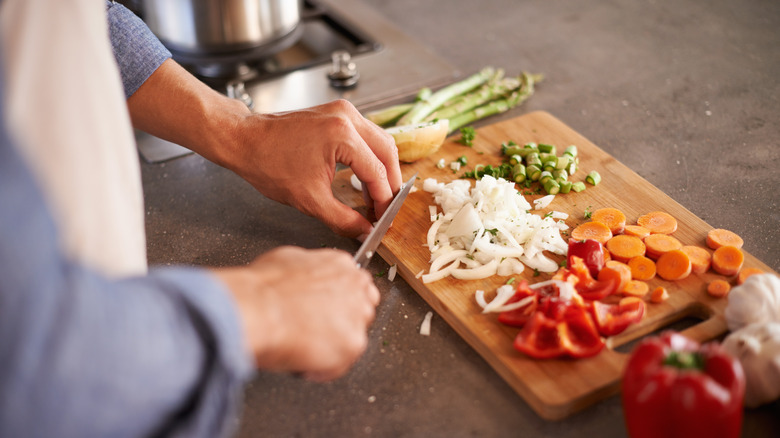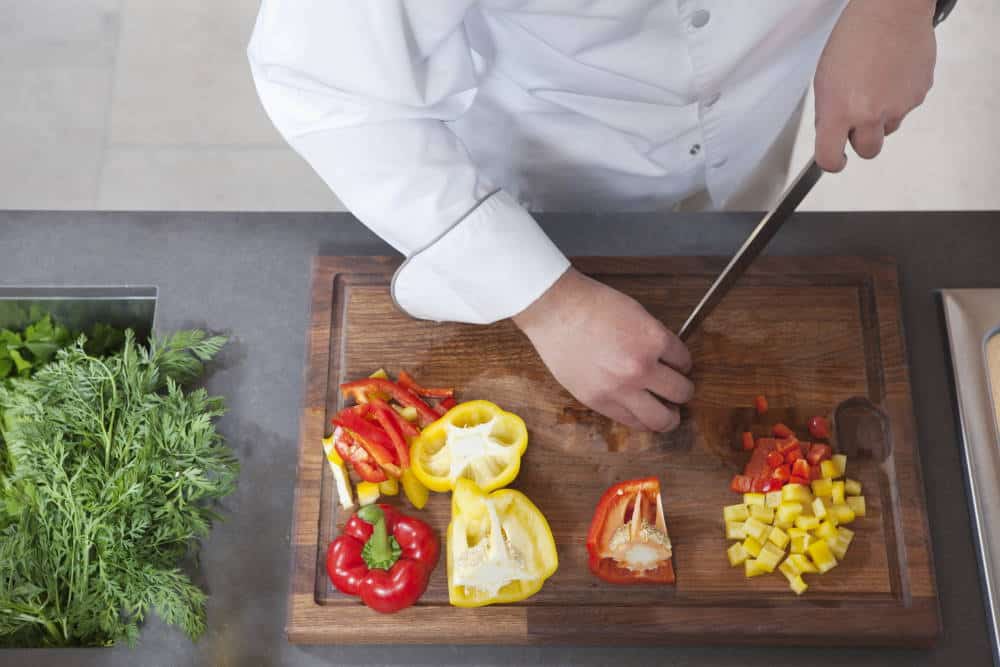Choosing the right cutting board is a fundamental decision for any kitchen professional. The debate between plastic cutting boards and wooden cutting boards has deepened over the years, attracting chefs, home cooks, and culinary enthusiasts alike. A question many are interested in discussing is: why might a chef choose a plastic cutting board over a wooden one? This article explores the various dimensions of this choice, analyzing factors that impact cutting board preferences and ultimately aiding in the decision-making process.
Understanding the considerations behind this choice can significantly impact food safety, hygiene, and the overall cooking experience. As we delve into this topic, we aim to equip you with knowledgeable insights that apply directly to your kitchen practice.

Understanding Cutting Board Materials
Before analyzing the nuances of each material, it is crucial to understand the general characteristics of both plastic and wooden cutting boards. While there are many materials available, these two remain the most popular choices among culinary professionals.
The Case for Plastic Cutting Boards
One major reason chefs may opt for a plastic cutting board is hygiene. Plastic boards are typically non-porous, meaning they do not absorb moisture and bacteria as easily as wood might. This quality makes them suitable for tasks involving raw proteins, such as chicken or fish, where contamination is a concern. According to the Bon Apptit article on board maintenance, plastic boards can be washed in the dishwasher at high temperatures, thus ensuring thorough sanitation.
Additionally, plastic cutting boards are often less expensive compared to wooden options. For chefs who may require multiple boards for different uses, the affordability of plastic can be a significant factor. This way, they can maintain a more organized and sanitary kitchen without breaking the bank.
Durability and Maintenance of Plastic Boards
Another advantage of plastic cutting boards is their durability, especially in busy kitchens. They are resistant to warping, cracking, and splitting, which can occur with wooden boards under heavy use. Moreover, plastic cutting boards can withstand knife marks without compromising their integrity as much as wood.
In terms of maintenance, plastic boards generally require less care than wooden boards. Chefs can simply toss them in the dishwasher or, if hand-washing, scrub them with bleach solutions without worrying about ruining the wood's natural finish.
The Allure of Wooden Cutting Boards
While there are many reasons to choose plastic, wooden cutting boards have their shares of advantages that shouldnt be overlooked. They are often seen as aesthetically pleasing, adding a certain warmth and charm to kitchen environments. Additionally, wooden boards can be less damaging to knife blades, as they absorb some of the impact of cutting, thus prolonging the life of the knives used.
Bottom Line: Safety and Personal Preference
If we weigh hygiene and maintenance, plastic cutting boards indeed have the edge; however, it ultimately comes to personal preference. Many chefs appreciate the balance wooden boards bring to their kitchen aesthetics and functionality. Choosing between these two comes down to the specific needs and values of the chef.
Factors Influencing Cutting Board Choice
Several factors can influence a chefs decision when it comes to selecting their cutting board:
- Type of Food Prepared: If the kitchen primarily prepares raw meats, plastic may be the preferred choice due to hygiene concerns.
- Personal Preference: Some chefs may favor the feel and look of wooden boards, thus prioritizing that preference in their selection.
- Budget: As mentioned, plastic boards tend to be less expensive, making them a reasonable choice for budget-conscious chefs.
- Ease of Cleaning: Chefs working in fast-paced environments often favor the easy upkeep of plastic boards.

FAQs
1. Are plastic cutting boards safe for food prep?
Yes, plastic cutting boards are generally safe for food prep, especially when sanitized properly after use.
2. Do wooden cutting boards require special maintenance?
Yes, wooden cutting boards need to be regularly oiled to maintain their integrity and prevent cracking. Refer to this guideline for proper care.
3. Can I use both plastic and wooden boards in my kitchen?
Absolutely! Many chefs use a combination of both types to leverage the advantages of each, particularly in a busy kitchen.
As an Amazon Associate, I earn from qualifying purchases.


























